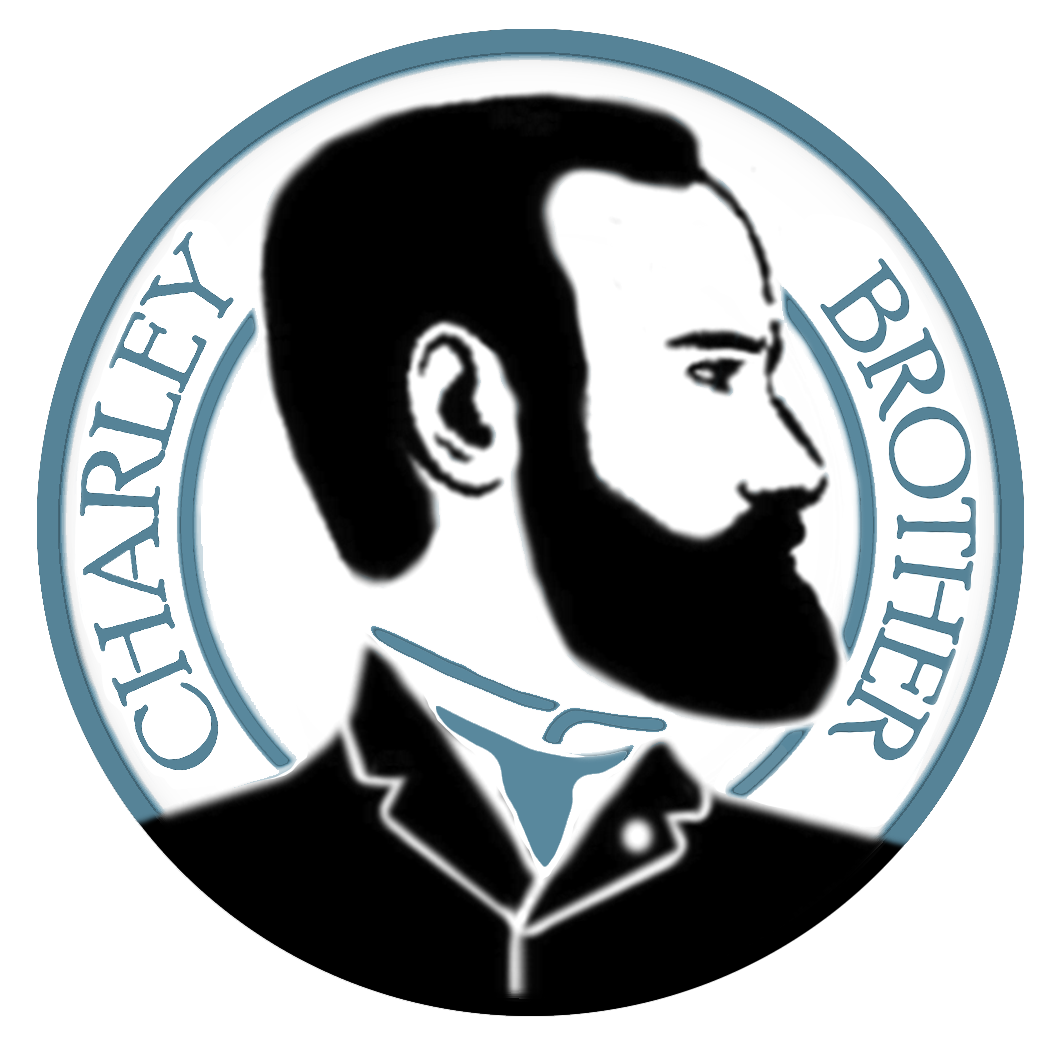Maj. Frederick A. De Zeng (1757-1838) from Grip’s Historical Souvenir of Clyde, NY
Henry Brother, the father of Civil War Marine Charles Brother, was so excited that he could not sleep. The next day he would go with his father up the creeks and rivers to haul their equipment for his first survey, hoping they could just keep going north to the big, great lake, which he had dreamed about ever since he saw his first map. How can you know how big something is and then carry that emotion of vastness, feeling so small compared to God, on paper? Coloring the lake blue must have been the final stroke of the artists brush, he thought, as he faded off to dreams, in a wash of paint sinking in.
Loading up the gear before sunrise, Henry thought that his father Valentine seemed more quiet than usual, but they left according to their schedule. Finally, Valentine spoke up and advised Henry not to embarrass him in front of Major De Zeng’s men. They may use curse words, but he is not to slip into trying to be like the cool kids, drinking and spitting. He must be of the highest quality and clean the measures and chains promptly, drying them thoroughly. If there is down time, then clean them again. Make sure the men see you working, inventorying, checking the math and calculating.
When they set up camp, Henry used the trunk lid to lay out his equipment on top of the blue linen his mother had given him that morning, along with some unnecessary tears. The remnant matched one of her best coats and he thought it was odd that she would take such a fine sample to hold tools, which would need oil applied, no doubt spilling and staining it permanently. But as he set the chains down, he reasoned that the blue cloth would set his tool pouch apart from the others. When he cleaned his tools, he washed the fabric, too, its pockets and string fasteners, appropriately spaced, as if an artist had devised some remedy, lock, or switch, but still allowing the blue dye, somehow, to extend beyond its stitching, so that he didn’t mind touching when it was time to unwrap or air out the day’s labor.


